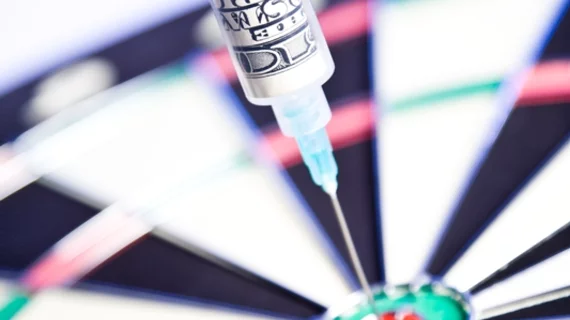KKR proposes plan to buy Walgreens in $70B deal
Private equity group KKR has offered a $70 billion buyout proposal to Walgreens Boots Alliance, the Financial Times reported.
Rumors of the deal were first reported last week. It would bring Walgreens from a public company to private ownership, and KKR would need other big investors to complete the deal, according to the Financial Times. In addition, shareholders and senior management at Walgreens are in talks to contribute to taking the company private in some capacity. The company’s chairman, Stefano Pessina, owns 16% of the business.
Talks of a private equity deal come at a time when Walgreens has seen a major decline in its stock price, with a drop of nearly 20% from January through October this year. The deal would be one of the biggest private takeovers ever and could prove to be difficult, particularly as Walgreens has enacted cost-cutting measures by cutting stores and laying off employees to save a targeted $1.8 billion by 2022.
KKR has been a long-time investor with Walgreens and backed the company’s 2007 buyout of Boots Alliance.
See the full story below:

